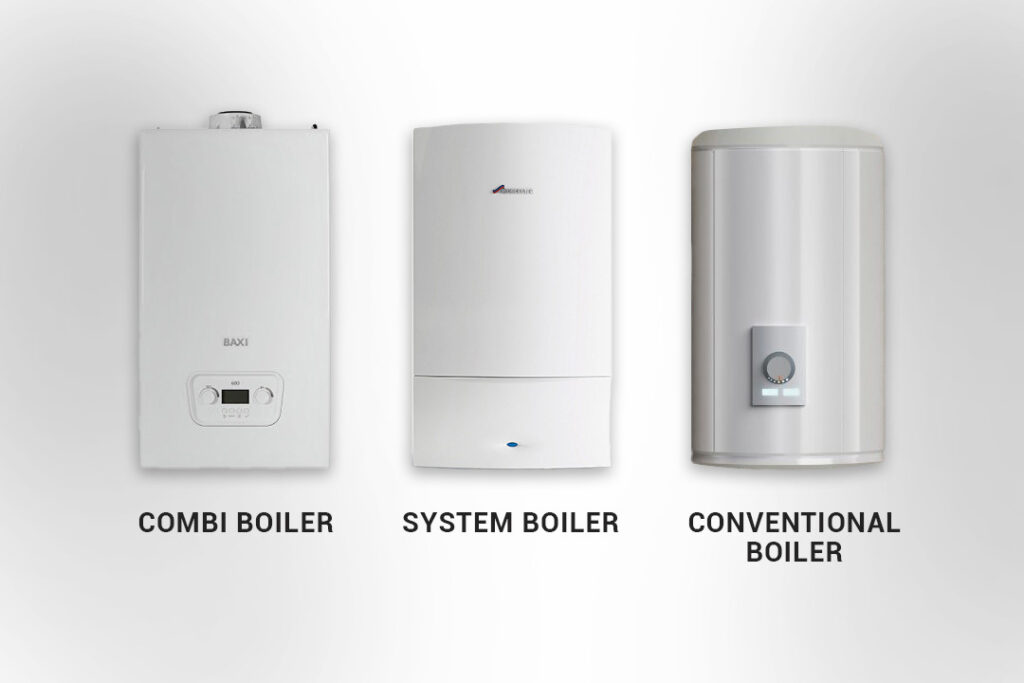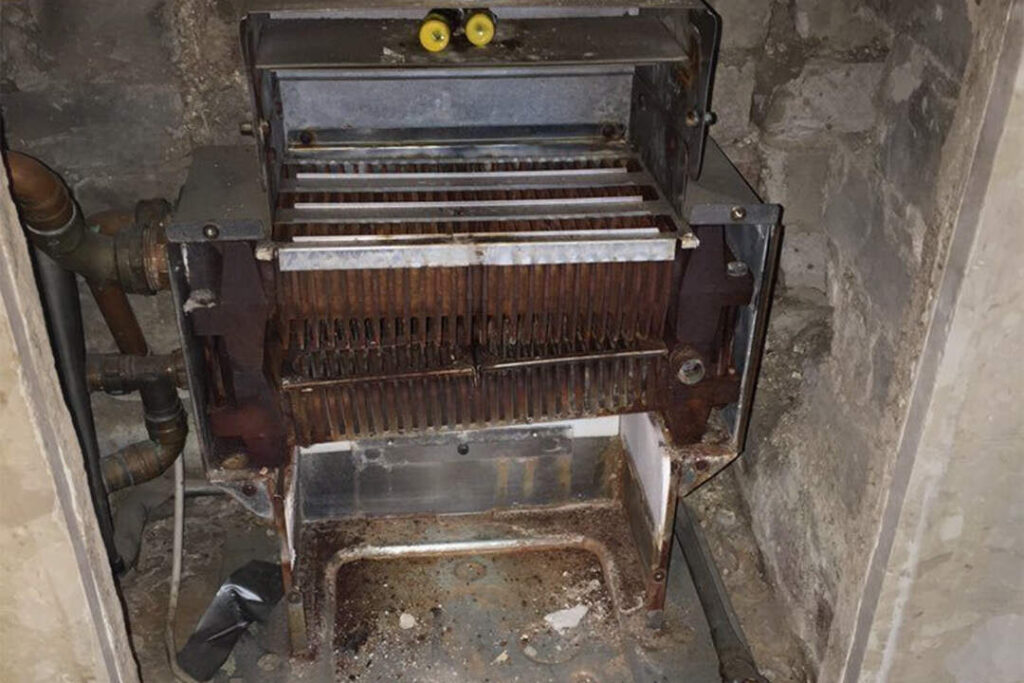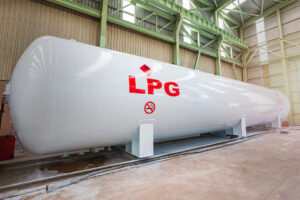Table of Contents
Back-boilers have been a popular heating solution in the UK for many years, but recent changes in regulations have left many homeowners wondering if back-boilers are now illegal. Throughout this article, we will explore the legality of back boilers, the reasons to replace them, and the options available for homeowners looking to upgrade their heating systems.
What are Back Boilers?
A back boiler is an old, outdated, and inefficient technology that was used to provide central heating to homes, primarily in the 1960s, 70s, and 80s. These back boilers were installed behind a gas fire and used the heat generated by the fire to warm water for central heating and hot water.
Are Back-Boilers Legal?
Some old back-boilers are illegal and should be replaced with a newer boiler. Newer back-boilers that were installed by a registered professional and are regularly checked are legal. In 2005, the government made it so that all boiler setups had to have condensing technology. This meant that non-condensing back boilers were no longer made. This means that if you have an old back boiler, you probably shouldn’t have it and consider getting a new one.
5 Reasons Why You Should Replace Your Back Boiler
If you’re still on the fence about replacing your back boiler, consider these compelling reasons why upgrading to a modern heating system is a smart choice:
Improved Efficiency
Back-boilers are not nearly as efficient as modern heating systems like condenser boilers. They can heat your home and give you hot water while using as little energy as possible. Your energy prices will go down, and your carbon footprint will go down if you upgrade.
Environmental Responsibility
As concerns about the environment grow, picking an eco-friendly heating system becomes essential. Back-boilers are not known for being environmentally friendly. Switching to a modern, greener option promotes a sustainable future and assists in controlling climate change.
Cost Savings
Upgrading may seem expensive at first, but it will save you a lot of money in the long run. Today’s boilers are made to use less energy, which means you’ll spend less on heating your home. The investment will pay off in the long run because the utility bills will go down.
Compliance with Regulations
The government has strict rules for heating devices that are meant to cut down on pollution and energy use. It’s possible that back boilers won’t meet these needs. You can make sure that your heating system meets legal requirements by changing your back boiler with a compliant system.
Enhanced Home Value
Your home is worth more if it has a modern heating system. Having an eco-friendly and energy-efficient heating system can make your home more appealing to people who want to buy it in the future. It’s an investment that gives back in many ways.
Options for Replacing Your Back Boiler
If you have an old back boiler, there are several options available for replacing it. These include:
Combi Boiler
A combi boiler is a common choice for people who want to get rid of their back boiler. There is no need for a hot water tank with these boilers because they heat and heat water on demand. You can save money on your energy bills with a combi boiler because it uses less energy.
System Boiler
People who want to repair their back boiler can also choose a system boiler. This type of boiler needs a hot water tank, which makes it bigger than a combi boiler. They can, however, provide a lot of hot water at a high volume, which makes them perfect for bigger homes with more than one shower.
Conventional Boiler
A conventional boiler is a traditional method used to heat a home. It uses hot and cold water tanks to send water to the mains. These boilers aren’t as popular as they used to be, but people who want to replace their back boiler can still get one.

Back Boiler Replacement Costs
Several things affect how much it costs to replace a back boiler: the type of boiler you choose, the size of your home, and how hard it is to install. People in the UK can expect to pay around £3,000 to £4,000 to repair their back boiler. These costs may change, though, based on the needs of your property.
|
Boiler Models |
Price |
|
Worcester Bosch 4000 |
£2,790 |
|
Viessmann Vitodens 050-W |
£3,039 |
| Viessmann Vitodens 100-W |
£3,370 |
| Viessmann Vitodens 111-W |
£3,967 |
Back Boiler Removal Grants
There are several grants available for homeowners looking to replace their back boiler. The Energy Company Obligation (ECO) is a government-backed scheme that provides funding for energy-efficient upgrades, including back boiler replacements. To be eligible for this grant, homeowners must meet certain criteria, including being a homeowner and receiving a qualifying benefit.
Conclusion
Some old back boilers are illegal and should be replaced with a newer boiler. Newer back-boilers that were installed by a registered professional and are regularly checked are legal. If a homeowner wants to improve their heating, they should look at the different choices, such as conventional boilers, combi boilers, and system boilers. Even though replacing a back boiler can be pricey, there are funds that can help cover the costs. By getting a new boiler, residents can save money on their energy bills, make their homes safer, and make the boiler more energy efficient.
FAQ's
The timeframe can vary depending on the workload of your chosen installer and the availability of boilers. However, once your application is approved, you can expect the installation in a few days.
Anyone who has a boiler installed before 2005 or has an inefficient boiler can qualify for a boiler grant in the UK. To meet the requirements, you must be a homeowner or private tenant of the home in the UK.
The ECO4 Scheme is a government-funded program that provides grants and funding to homeowners in Scotland, who want to install energy-saving measures in their homes. The aim of the Eco4 scheme is to help people reduce their energy consumption and save money on their energy bills.
Yes, it’s quite easy. You should regularly check that the evaporator and air intake grill are clear of leaves and other particles.
To be eligible for a first time central heating grant, you must not have prior central heating installed in your homes. Also your home’s EPC rating should be lower than D.




